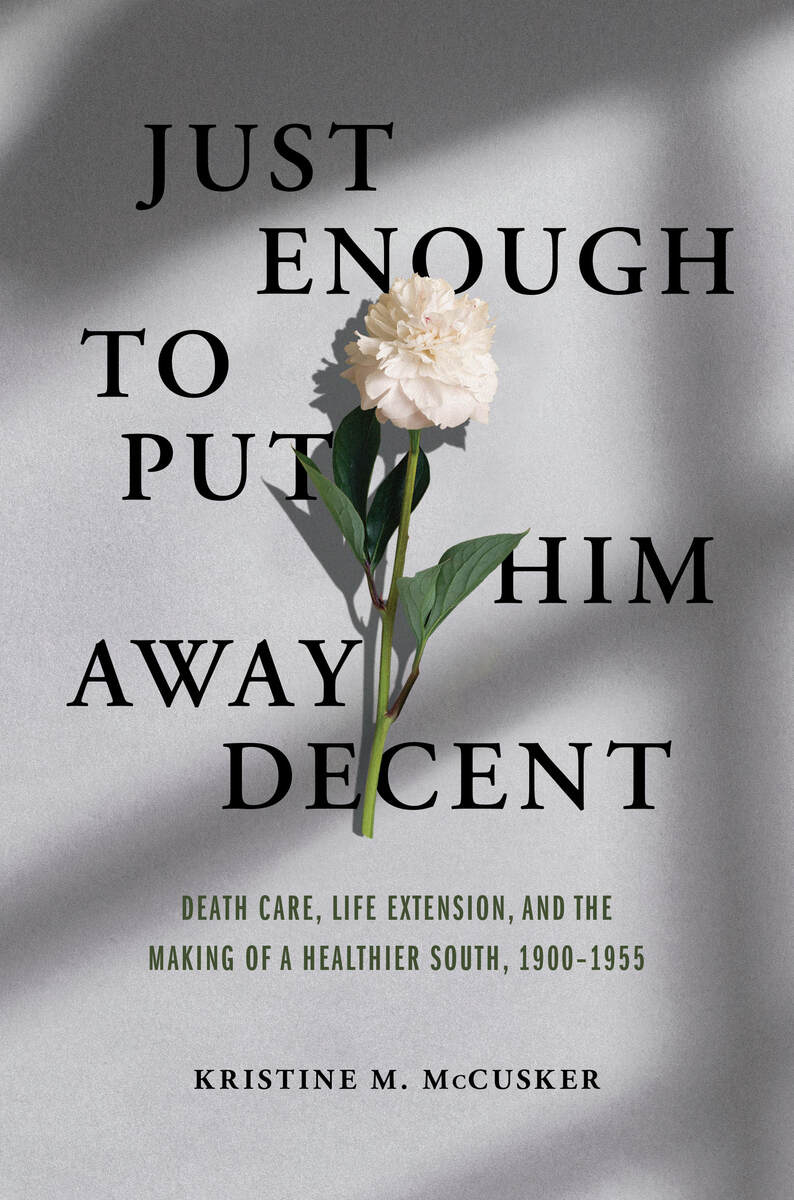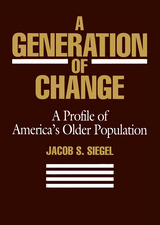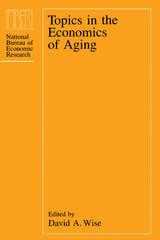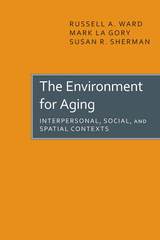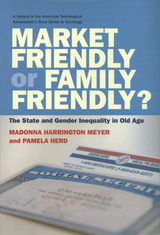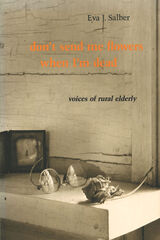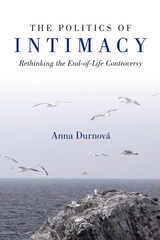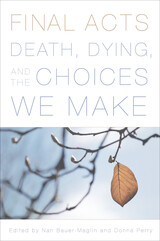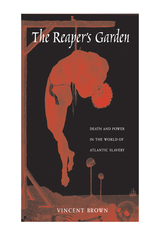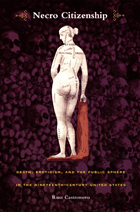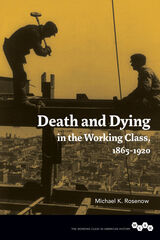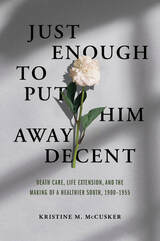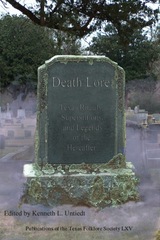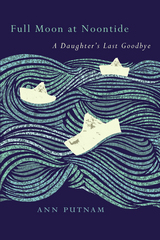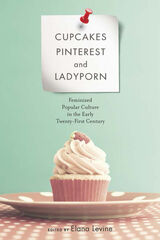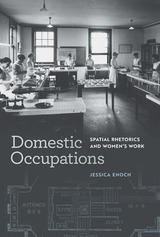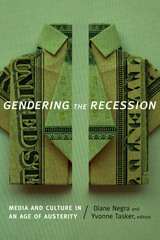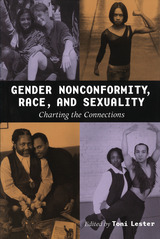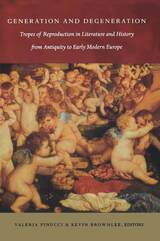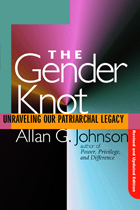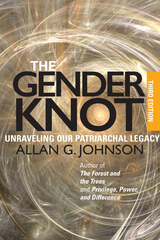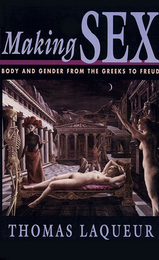Cloth: 978-0-252-04508-0 | Paper: 978-0-252-08721-9 | eISBN: 978-0-252-05440-2
Library of Congress Classification HQ1073.5.U62
Dewey Decimal Classification 306.90973
Kristine McCusker charts the dramatic transformation that took place when southerners in particular and Americans in general changed their thinking about when one should die, how that death could occur, and what decent burial really means. As she shows, death care evolved from being a community act to a commercial one where purchasing a purple coffin and hearse ride to the cemetery became a political statement and the norm. That evolution also required interactions between perfect strangers, especially during the world wars as families searched for their missing soldiers. In either case, being put away decent, as southerners called burial, came to mean something fundamentally different in 1955 than it had just fifty years earlier.
See other books on: Burial | Customs & Traditions | Death & Dying | Discrimination in medical care | Medical care
See other titles from University of Illinois Press
